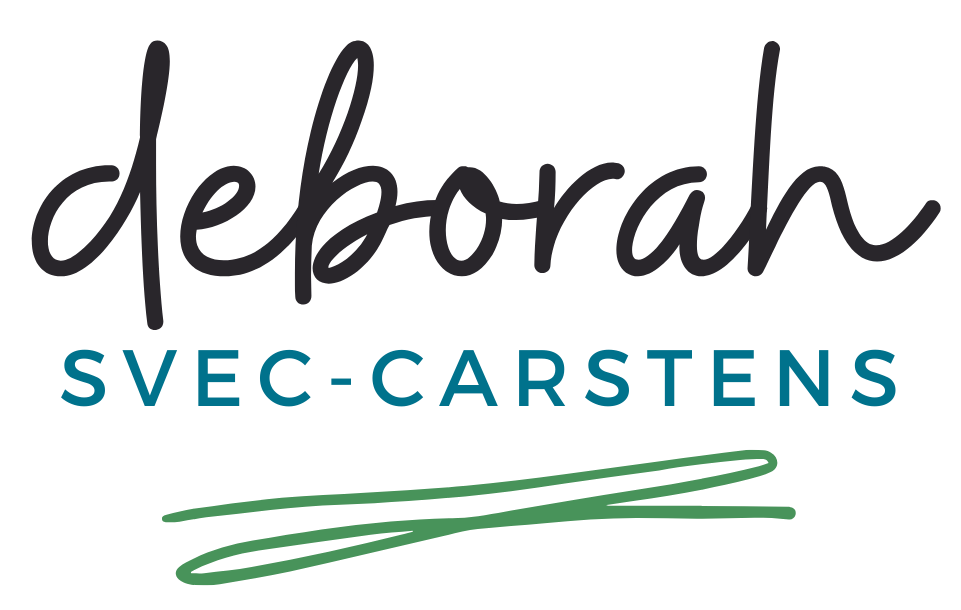Losing my breath.
Terrified, I gasped for air with each inhale, as if someone was sitting on my chest.
I was eight years old. After spending a couple of hours climbing hay bales with my siblings and cousins in the barn at my grandmother’s farm, my breathing was shallow and strained. Although I’d developed a multitude of environmental allergies at a very young age, I had never before struggled so much to breathe.
I walked slowly back to the farmhouse to find my parents.
“I … can’t … breathe,” I said, rubbing my chest, thinking it might help. My parents exchanged worried looks and sprang into action to search for a local doctor. I focused on inhaling, which felt like sucking through a straw.
My chest tightened, the grip of an invisible hand squeezing my lungs harder with each minute. I wondered whether I might actually die.
After what seemed like several hours, my parents found Dr. Kuper. Mom, Dad and I headed to his house in town, the dust flying up behind our car on the gravel roads.
“Take a deep breath, big as you can,” Dr. Kuper said, his cold stethoscope pressed against my mid-back. I felt like a fish out of water as I opened my mouth and gulped for air. After only two or three breaths, Dr. Kuper wrote a prescription and directed us to the local pharmacy. By the time Dad put the car in reverse, Mom had twisted the cap off the bottle and poured out a teaspoon of the clear liquid.
I swallowed the medicine and waited.
By the time we returned to the farm, the hand clenching my chest had loosened its hold. My heart rate slowed. My body relaxed. I inhaled, my lungs expanding outward like a balloon again. The worst was over. I’d be able to run and play tomorrow. I wasn’t going to die.
Losing my breath (again).
I tell this story about one of my first asthma attacks in my book, Toward the Light: A Year in Paris, a memoir about my search for healing and hope in the aftermath of being sexually assaulted in the early 1990s. On a November morning in Paris, a stranger shoved me to the ground and sat on my chest. I could barely breathe. I feared for my life.
In the days and months that followed, I found myself gasping for air. This time, the lingering fear that accompanied me out the door each morning left me struggling to inhale.
The breath of aliveness that connected me to something greater than myself was gone.
Unlike my experience as an eight-year-old, where I was surrounded by family who stepped in to help me, I was assaulted in a foreign country, far from my network of support. I had to discover connection and community on my own. In the book, I describe what it took for me to inhale deeply once again, focusing on the question, “How does healing begin?”
An invitation.
I once again find myself gasping for air, the thought of putting myself “out there” and telling this story out loud causing fear to rise up in me. But I’m choosing to do what I did the day I boarded the plane to Paris and on many, many days since then—to be brave and afraid at the same time.
I’m starting this blog because I want to connect with readers and share how I came to write Toward the Light. I’m calling the blog “Breathing Room,” because I want it to be a place where readers can slow down, step away from the chaos of their lives for a few minutes, and, hopefully, find a place of respite and connection.
In this space, I’ll share stories about Paris, my travels to other places around the world, the process of writing—and publishing—the book, journaling as a “way in” to sharing our stories with others, and what I’ve learned about trauma and the body in the twenty-plus years since the assault.
I invite you to take a deep breath and join me.
Let me know what you think. Comment below or connect with me on social media.





Hi, this is a comment.
To get started with moderating, editing, and deleting comments, please visit the Comments screen in the dashboard.
Commenter avatars come from Gravatar.
I am so proud of you Deborah. It is hard to share and relive your experience. With the people you will reach and help will be healing and helpful for others. I’m ready to read more.